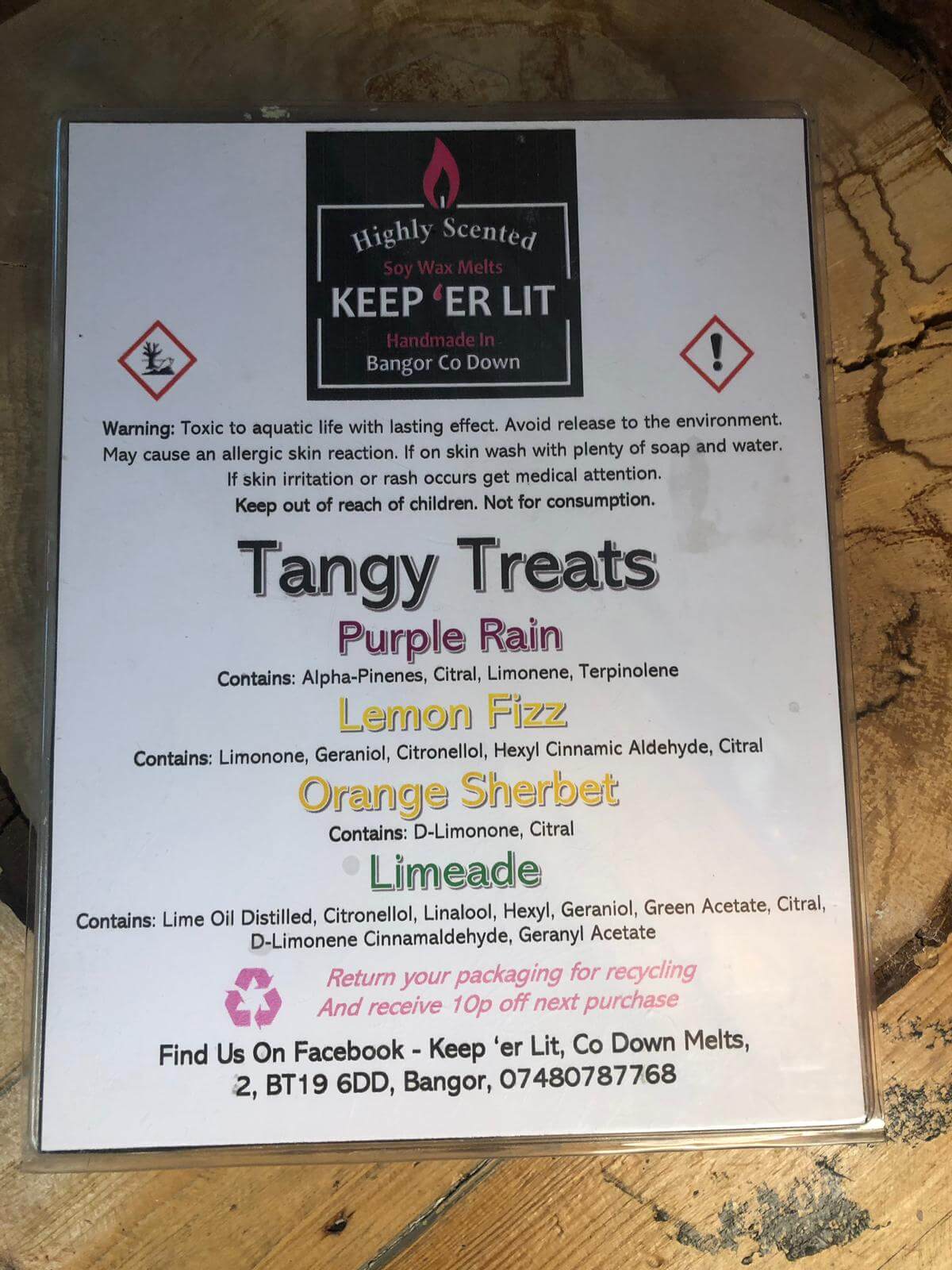

The laid-back lifestyle would snuff out the drive of the young, the belief goes, while it’s the perfect setting for the old to live out their well-earned golden years.Īccording to Anita Lai, a born-and-raised Chengdu native, today’s young generation isn’t too keen on getting their ears done anyway. It’s this reputation that gave rise to a Chinese saying: The young shouldn’t go to Chengdu, and the old shouldn’t leave (少不入蜀,老不出川). What developed was not only a kind of liberalism, but also an epicurean appreciation for the finer pleasures in life – from lingering at the teahouse for hours, sipping bottomless cups of tea and snacking on roasted watermelon seeds, to playing cards or mah-jong and treating oneself to a massage or ear cleaning. They didn’t have to reach out, things came to them,” Porter said. “It was always this trading ground, with new ideas being brought in, which made it a very creative place but also mellow. Renowned classical poet Du Fu (712-770), often referred to as China’s ‘poet-sage’, chose Chengdu as the place to write a significant body of work in his 40s. Yang Xiong and Sima Xiangru, two preeminent poets of the Han dynasty (206 BC-220 AD), were both born here. “You need to do this more often.”Īgriculturally abundant, the Chengdu region has long been a low-stress, live-and-let-live kind of place, with plentiful food and a pleasant climate, a place where culture and literature could thrive. I tried my best to hold perfectly still – not an easy feat as Master Shu began to tut-tut his disapproval into my ear. It felt like an awkward tickle, akin to having a sensitive spot on the sole of one’s foot teased very lightly: squirmy discomfort and weird pleasure combined. His probing around in the private recesses of my skull was surprisingly… tolerable. There was some twirling around the contours of the ear to begin with, then Master Shu went in for the kill. The same thing my dentist always says before flicking on his drill of terror. I beckoned him over, and swallowed my nervousness as Master Shu, as his name tag read, adjusted his headlamp and reached toward my ear with a skinny metal prong. My Chinese mother had a bamboo one when I was growing up, though I don’t remember her using it often on us kids.Ī few afternoons after my arrival in the city, I was sipping a bowl of jasmine tea at the Heming teahouse in People’s Park when I heard the pinging of the ear man again. While cotton swabs are the norm in the West, in many parts of East Asia, it’s common to use ear scoops – a long, thin tool with one tip flattened into a little spoon – to tease out excess ear wax. To understand why anyone would pay to have their ear canal probed in public, often before an audience of curious, camera-wielding onlookers, it’s necessary to understand general Chinese attitudes to ear hygiene. Though they’ll occasionally set up temporary shop for a day with a few chairs, their work continues to be an outdoor, informal affair. To this day, these men – and less often, women – regularly patrol the city’s popular teahouses, such as the ones in the central People’s Park, and the well-touristed Wide and Narrow Alleys, a maze of reconstructed lanes and Qing dynasty-style buildings.

According to cookbook author and Chinese food evangelist Fuchsia Dunlop, who wrote about her experience befriending an ear cleaner while studying in Chengdu in the mid-1990s, the practice dates to the Song dynasty (960-1279). These ear cleaners are a common sight on the streets of Chengdu, part of a unique local tradition that is believed to date back many centuries. Iran’s fascinating way to tell fortunes.


 0 kommentar(er)
0 kommentar(er)
